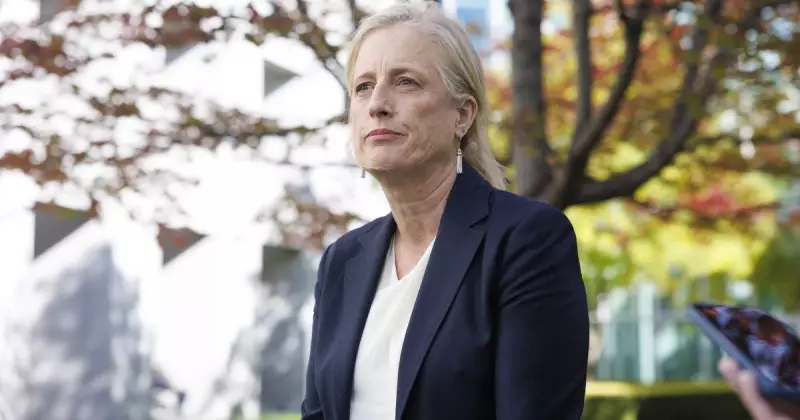
The Australian federal government has introduced sweeping new requirements for contractors working on public service projects, mandating that they disclose any planned use of artificial intelligence in their work.
Mandatory AI Disclosure for Suppliers
Public Service Minister Katy Gallagher unveiled the comprehensive Australian Public Service AI plan on Wednesday, November 13 2025, announcing that all suppliers operating under whole-of-government arrangements must now advise of any intentions to use AI technology.
The new policy represents a significant shift toward greater transparency and accountability in how emerging technologies are deployed within government operations. Minister Gallagher emphasized that the plan would enable the government to unlock the potential benefits that AI offers while managing associated risks.
Strengthening Accountability and Transparency
The 30-page APS AI plan outlines specific expectations for external service providers, building upon existing optional AI clauses in the Digital Transformation Agency's ClauseBank. Under the new mandatory requirements, suppliers responding to requests for quotes through the whole-of-government management advisory services and people panels must declare any planned AI use in service delivery.
The government will introduce additional clauses stating that consultants and external contractors remain fully responsible for services they deliver, regardless of whether generative AI is used in development or implementation. This measure directly addresses accountability concerns following high-profile incidents involving AI-generated errors.
Learning from Past Mistakes
The push for greater oversight comes after consulting firm Deloitte faced global scrutiny when a report produced for the Department of Employment and Workplace Relations was found to contain AI-generated errors. The company subsequently apologised and provided a partial refund for the project.
Senator Gallagher explained that the additional model clauses are fundamentally about ensuring transparency around AI use. "So if you're a consultant or contractor working in the APS, you would have to abide by the guidance that will be provided centrally," she stated.
Expanding Government AI Capabilities
Beyond regulating external contractors, the AI plan includes several initiatives to build internal public service capacity. The government will expand its use of GovAI and introduce a secure, in-house AI chatbot, alongside mandatory training for public servants and guidelines on using AI platforms.
GovAI will function as a centralised AI hosting service, allowing agencies to access various AI models for their development needs, including an onshore instance of OpenAI's GPT models. This approach aims to balance innovation with security and sovereignty concerns.
Workforce Development and Union Response
Minister Gallagher highlighted that providing public servants with access to modern AI tools is crucial for attracting and retaining talent in the public service. "We're seeing it already, with entry level graduates coming in, we need to be offering this type of technology to them or they're going to go and work elsewhere," she noted.
Community and Public Sector Union national secretary Melissa Donnelly described the government's AI plan as a good starting point, welcoming Minister Gallagher's assurance that the initiative isn't about replacing staff. However, the union maintains concerns about potential job losses and impacts on services and public sector workers.
"The CPSU will continue to advocate for worker protections, transparency and genuine ongoing consultation to ensure AI does not deepen existing inequalities," Ms Donnelly affirmed.
The comprehensive approach outlined in the APS AI plan reflects the government's attempt to position Australia at the forefront of responsible AI adoption in public administration while learning from international and local experiences with the technology.





